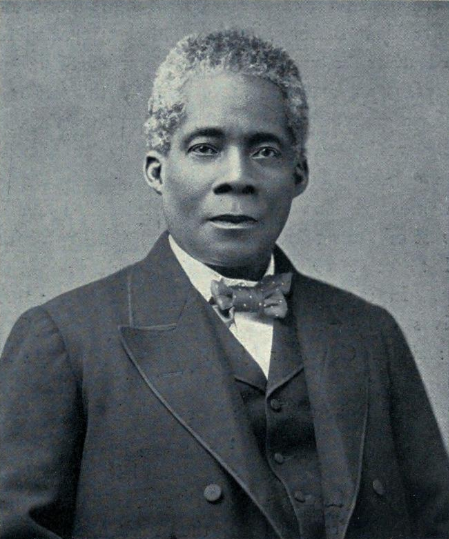Edward Wilmot Blyden
 Edward Wilmot Blyden (3 August 1832 – 7 February 1912) was an Americo-Liberian educator, writer, diplomat, and politician who was primarily active in West Africa. Born in the Danish West Indies, he joined the waves of black immigrants from the Americas who migrated to Liberia. Blyden became a teacher for five years in the British West African colony of Sierra Leone in the early twentieth century. His major writing were on pan-Africanism which later became influential throughout West Africa, attracting attention in countries such as the United States as well. His ideas went on to influence the likes of Marcus Garvey, George Padmore and Kwame Nkrumah.
Edward Wilmot Blyden (3 August 1832 – 7 February 1912) was an Americo-Liberian educator, writer, diplomat, and politician who was primarily active in West Africa. Born in the Danish West Indies, he joined the waves of black immigrants from the Americas who migrated to Liberia. Blyden became a teacher for five years in the British West African colony of Sierra Leone in the early twentieth century. His major writing were on pan-Africanism which later became influential throughout West Africa, attracting attention in countries such as the United States as well. His ideas went on to influence the likes of Marcus Garvey, George Padmore and Kwame Nkrumah.Blyden was recognised in his youth for his talents and drive; he was educated and mentored by John Knox, an American Protestant minister in Sankt Thomas who encouraged him to continue his education in the United States. In 1850 Blyden was refused admission to three Northern theological seminaries because of his race. Knox encouraged him to go to Liberia, a colony set up for free people of color by the American Colonization Society. Blyden emigrated in 1850 and made his career and life there. He married into a prominent family and soon started working as a journalist. Blyden's ideas remain influential to this day. Provided by Wikipedia


